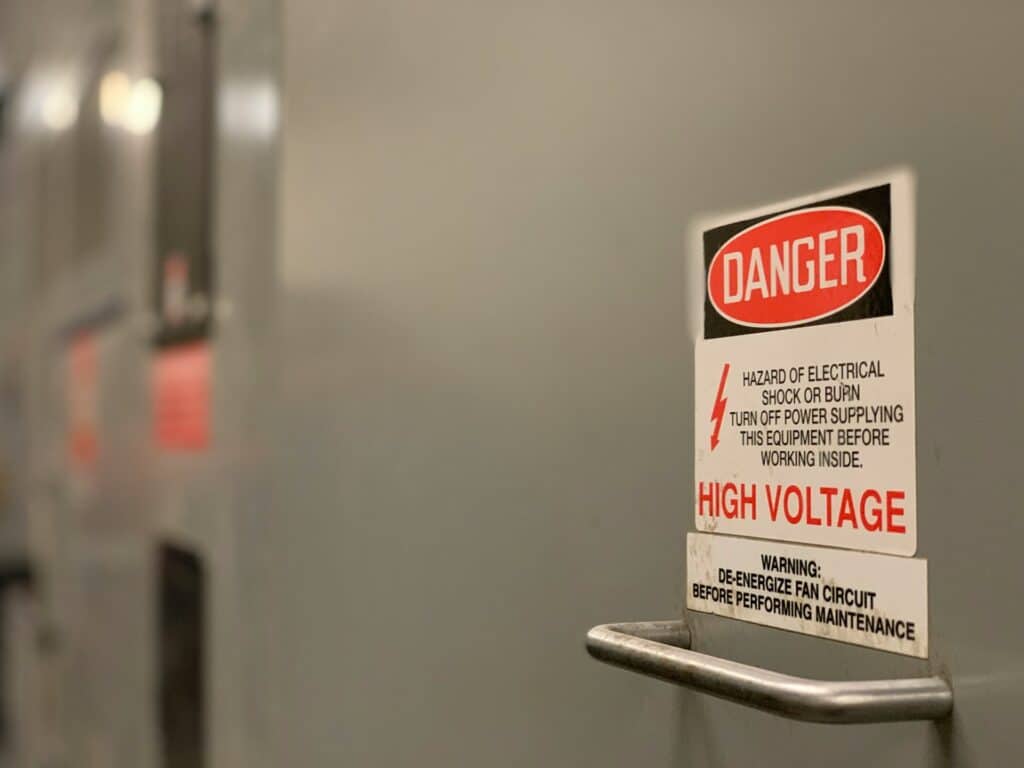When it comes to maintaining the safety and functionality of your home, finding a reliable and skilled residential electrician is crucial. Electrical work is complex and potentially hazardous, requiring the expertise of a professional to ensure it is done correctly and safely. Whether you need electrical repairs, installations, or routine maintenance, knowing how to find the best residential electrician near you can make all the difference.
Importance of Hiring a Qualified Residential Electrician
- Safety: Electrical work can be dangerous if not performed correctly. Hiring a qualified electrician ensures that all work complies with safety standards and regulations, reducing the risk of electrical fires, shocks, and other hazards.
- Quality Workmanship: A professional electrician brings expertise and experience to the job, ensuring that installations and repairs are done to a high standard. This not only ensures the longevity of your electrical systems but also enhances the overall functionality and efficiency of your home.
- Cost-Effectiveness: While it might be tempting to attempt DIY electrical work to save money, mistakes can be costly to fix. A professional electrician can identify and resolve issues correctly the first time, saving you time and money in the long run.
- Code Compliance: Electrical work must comply with local building codes and regulations. A licensed electrician is familiar with these requirements and ensures that all work meets the necessary standards, preventing potential legal and safety issues.
Steps to Find the Best Residential Electrician Near You
- Research and Recommendations: Start by asking friends, family, and neighbors for recommendations. Personal referrals are often the best way to find reliable professionals. Additionally, online reviews and ratings on platforms like Yelp, Google, and Angie’s List can provide valuable insights into the reputation and reliability of local electricians.
- Check Credentials: Verify that the electrician is licensed, insured, and bonded. Licensing ensures that the electrician has met the required training and experience standards. Insurance protects you in case of accidents or damages during the job, and bonding provides additional assurance that the work will be completed as agreed.
- Experience and Specialization: Consider the electrician’s experience and areas of specialization. Some electricians may have more experience with residential projects, while others might specialize in commercial or industrial work. Ensure the electrician has a strong track record with residential electrical systems similar to those in your home.
- Request Estimates: Contact several electricians to request detailed estimates for your project. Compare the quotes, taking note of the scope of work, materials, labor costs, and any additional fees. Avoid choosing solely based on the lowest price; instead, consider the overall value and quality of service.
- Interview and Evaluate: Conduct interviews with potential electricians to gauge their professionalism and communication skills. Ask about their approach to problem-solving, how they handle unexpected issues, and their availability for emergencies. A reliable electrician should be responsive, courteous, and willing to answer your questions thoroughly.
- Check References: Ask for references from past clients and follow up with them to learn about their experiences. Inquire about the quality of work, timeliness, and whether the projects were completed within budget. Positive feedback from previous clients is a strong indicator of the electrician’s reliability and expertise.
- Warranty and Guarantee: Inquire about warranties or guarantees offered on the electrician’s work. A reputable electrician should stand behind their work and offer a warranty on parts and labor. This ensures that any issues that arise after the job is completed will be addressed promptly.
Common Electrical Services Provided by Residential Electricians
- Electrical Repairs: Addressing issues such as faulty wiring, flickering lights, tripping circuit breakers, and power outages. Prompt repairs ensure the safety and functionality of your home’s electrical systems.
- Electrical Installations: Installing new lighting fixtures, ceiling fans, outlets, switches, and appliances. This includes upgrading electrical panels and adding new circuits to accommodate modern electrical demands.
- Safety Inspections: Conducting comprehensive electrical safety inspections to identify potential hazards, code violations, and areas needing improvement. Regular inspections help prevent electrical emergencies and ensure your home’s electrical systems are up to code.
- Lighting Solutions: Designing and installing indoor and outdoor lighting solutions to enhance the aesthetics, functionality, and security of your home. This includes energy-efficient lighting options and smart lighting systems.
- Home Automation: Integrating smart home technologies, such as automated lighting, security systems, thermostats, and entertainment systems. This allows for greater control and convenience, improving your home’s overall efficiency.
- Electrical Upgrades: Upgrading outdated electrical systems to meet current safety standards and accommodate increased electrical loads. This includes replacing old wiring, updating electrical panels, and installing surge protection devices.
- Emergency Services: Providing 24/7 emergency electrical services for urgent issues such as power outages, electrical fires, and exposed wiring. Quick response times minimize the risk of further damage and ensure your safety.
Red Flags to Watch Out For
- Lack of Credentials: Avoid electricians who cannot provide proof of licensing, insurance, and bonding. These credentials are essential for ensuring the electrician’s qualifications and protecting your interests.
- Poor Communication: Unresponsive or unprofessional communication can be a sign of unreliability. Choose an electrician who communicates clearly, promptly, and respectfully.
- Unclear Estimates: Beware of vague or incomplete estimates that do not detail the scope of work, materials, and labor costs. Transparent and detailed estimates help prevent misunderstandings and ensure you know what to expect.
- No References: Be cautious of electricians who cannot provide references from past clients. References offer valuable insights into the electrician’s work quality and reliability.
- Pushy Sales Tactics: Avoid electricians who use high-pressure sales tactics or try to upsell unnecessary services. A trustworthy electrician should provide honest recommendations based on your needs.
The Impact of a Good Residential Electrician
Hiring a reputable residential electrician can have a profound impact on your home’s safety, functionality, and overall value. Here are some benefits of working with a skilled electrician:
- Enhanced Safety: Properly installed and maintained electrical systems reduce the risk of electrical fires, shocks, and other hazards, ensuring the safety of your family and home.
- Improved Efficiency: Upgrading to energy-efficient lighting, appliances, and smart home technologies can significantly reduce your energy consumption and utility bills.
- Increased Home Value: Quality electrical work adds value to your home, making it more attractive to potential buyers. Modern electrical systems and smart home features are desirable selling points.
- Peace of Mind: Knowing that your home’s electrical systems are in the hands of a qualified professional provides peace of mind. You can trust that any issues will be addressed promptly and correctly.
- Long-Term Savings: Investing in professional electrical services can save you money in the long run by preventing costly repairs, reducing energy consumption, and extending the lifespan of your electrical systems.
Conclusion
Finding the best residential electrician near you involves careful research, verification of credentials, and evaluation of experience and reputation. By following these steps and being aware of potential red flags, you can ensure that you hire a reliable and skilled electrician who will enhance the safety, functionality, and value of your home. Whether you need repairs, installations, or upgrades, a qualified residential electrician is an invaluable partner in maintaining the electrical integrity of your home.

